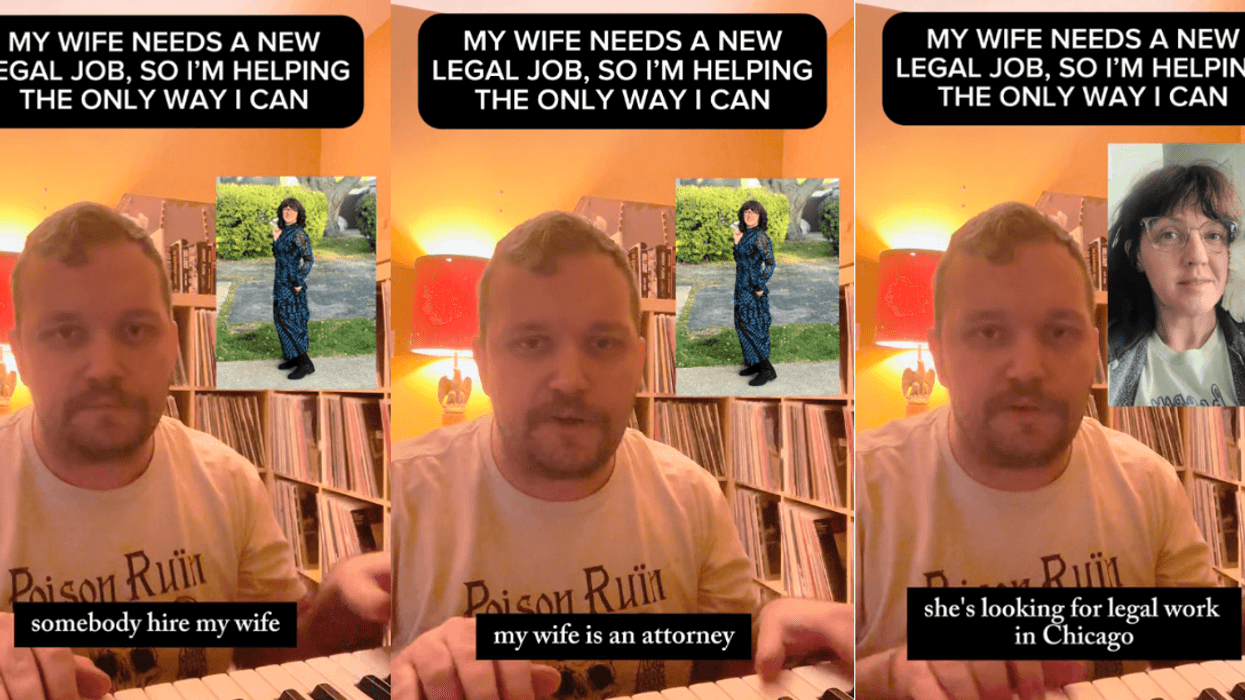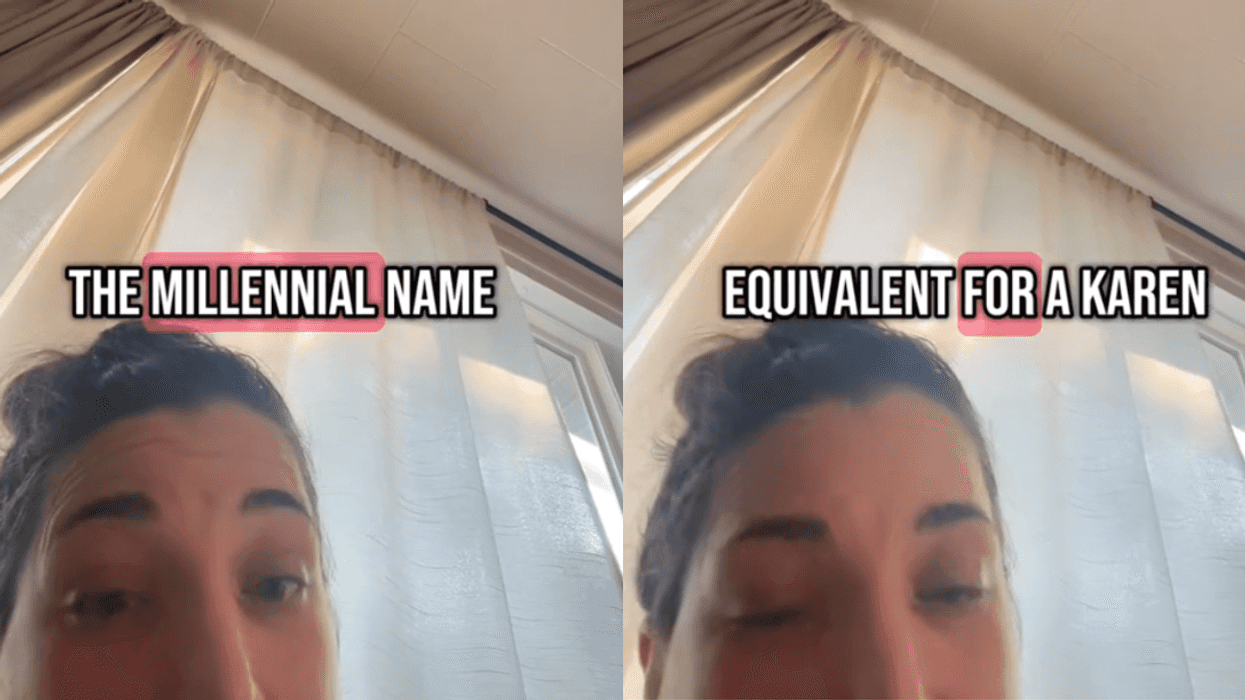A gay police officer who was discriminated against and told to "tone down his gayness" has agreed to a $10.25 million settlement on Monday, even though a jury awarded him with $20 million in October.
According to a 2017 lawsuit, the reason why St. Louis County Police Sgt. Keith Wildhaber never got the promotion as lieutenant was because he believed he did not "conform to the department's standards of gender norms."
The suit mentioned that in 2014, a member of the St. Louis County Board of Police Commissioners – who was also a restaurant owner where Wildhaber was doing a security sweep at the time – told him:
"The command staff has a problem with your sexuality. If you ever want to see a white shirt [be promoted], you should tone down your gayness."
The term "white shirt" is a slang referencing supervising officers, such as sergeants and lieutenants.
The board member added:
"The command staff has a problem with your sexuality."
Even though Wildhaber served in the department for 15 years, his request for promotion had been passed over 23 times.
In April, 2019, Wildhaber offered to settle the case for $850,000 with a promotion to become lieutenant, but the county insisted on going to court for a trial.
In October, a jury in St. Louis County Circuit Court ruled in favor of Wildhaber by awarding him nearly $20 million after testimony of discrimination in the workplace and for being transferred to a farther precinct in retaliation after he filed a discrimination charge with the Equal Employment Opportunity Commission and the Missouri Commission on Human Rights in 2016.
Despite the verdict, the county asked for yet another trial and argued that discriminating gays is legal in the state, according to the Missouri Human Rights Act.
The state of Missouri does not address discrimination based on gender identity or sexual orientation.
The post-trial motion was filed by the new legal representation on November 27.
The motion read:
"The county executive and the county counsellor have openly and publicly stated their disdain for the state of Missouri law on sexual orientation discrimination."
"But they are also fiduciaries, responsible to the taxpayers, and must respect the current state of the law, no matter how much they are disappointed by its failure to protect all groups deserving of protection."
Wildhaber was promoted to lieutenant in December and agreed to a $10.25 million settlement on February 10, to which St. Louis County Executive Sam Page told reporters:
"Which is substantially less than the $20 million judgement by the jury. And substantially less than up to $22 million which is what it could have cost us during an 18-month appeal,
St. Louis Today reported that the decision for the settlement took three mediation sessions over the course of three months before it was finalized on Monday.
The same day, St. Louis County Police Chief Jon Belmar announced his retirement from the department after serving six years as chief.
Page emphasized that Belmar's retirement was not a part of the settlement.
The settlement will be paid through general revenue – including sales and property tax funds – not from the county's revenue through the Proposition P public safety tax.
Page added:
"This lawsuit acknowledges what Lt. Wildhaber survived in the police department and lets us move forward as a county."
"I think it's important to recognize that this sends a message to everyone in county government and to all of our employers in the St. Louis region, that discrimination will not be tolerated."
After being promoted to lieutenant, Wildhaber was appointed as the commander of the St. Louis County Police Department's new Diversity and Inclusion Unit.
He plans to retire later this year.
If you feel you are being discriminated against in the workplace based on race, color, age, disability, or sex (including pregnancy, gender identity, and sexual orientation), you can file a Charge of Discrimination through the U.S. Equal Employment Opportunity Commission website.
The EEOC requires that you must file a charge within 45 days of an occurrence or of when you became aware of the occurrence and before filing a lawsuit for unlawful discrimination.
EEOC cannot accept discrimination charges over the phone, but you can get the process started by calling 1-800-669-4000 to discuss your situation.








 Columbia Heights Public Schools
Columbia Heights Public Schools





 Chip Somodevilla/Getty Images
Chip Somodevilla/Getty Images
 Gym Weights GIF by Guava Juice
Gym Weights GIF by Guava Juice 
 Man With A Plan
Man With A Plan  Happy Feeling Good GIF by BEARISH
Happy Feeling Good GIF by BEARISH  Roadside Assistance Flat Tire GIF
Roadside Assistance Flat Tire GIF 
 u/Murky_Chemical891/Reddit
u/Murky_Chemical891/Reddit u/amazinglyshook/Reddit
u/amazinglyshook/Reddit u/OriginalChildBomb/Reddit
u/OriginalChildBomb/Reddit u/Autopsyyturvy/Reddit
u/Autopsyyturvy/Reddit u/_iridessence_/Reddit
u/_iridessence_/Reddit u/HallWild5495/Reddit
u/HallWild5495/Reddit u/fandomnightmare/Reddit
u/fandomnightmare/Reddit  u/SpecificBeyond2282/Reddit
u/SpecificBeyond2282/Reddit u/DvorakThorax/Reddit
u/DvorakThorax/Reddit u/SeaRespond9836/Reddit
u/SeaRespond9836/Reddit u/According-Garden-129/Reddit
u/According-Garden-129/Reddit
 @its.avelyn/TikTok
@its.avelyn/TikTok @its.avelyn/TikTok
@its.avelyn/TikTok @its.avelyn/TikTok
@its.avelyn/TikTok @its.avelyn/TikTok
@its.avelyn/TikTok @its.avelyn/TikTok
@its.avelyn/TikTok @its.avelyn/TikTok
@its.avelyn/TikTok @its.avelyn/TikTok
@its.avelyn/TikTok @its.avelyn/TikTok
@its.avelyn/TikTok @its.avelyn/TikTok
@its.avelyn/TikTok @its.avelyn/TikTok
@its.avelyn/TikTok